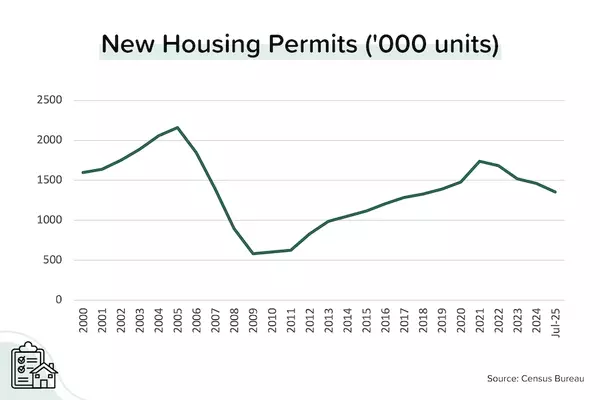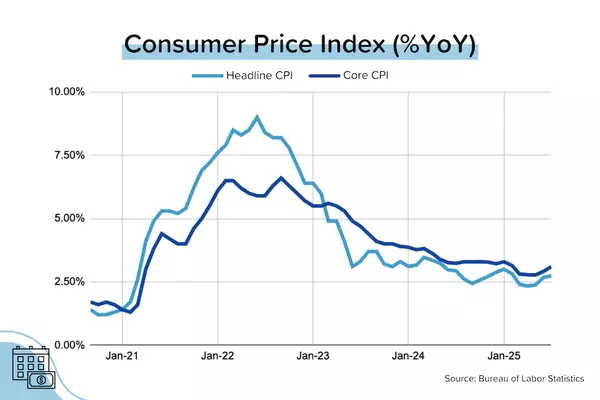Who Pays for What in a Real Estate Transaction?


A Clear Breakdown of Buyer vs. Seller Costs During Escrow
One of the most common and crucial questions that arise during the real estate transaction process is: "Who pays for what?"
Whether you're a first-time homebuyer, a seasoned investor, or a seller looking to understand your financial obligations, knowing who is typically responsible for each fee can help avoid surprises and smooth the path to closing.
The financial responsibilities can vary depending on the county, state, and terms outlined in the purchase agreement. What follows is a general guide based on customary practices in Pennsylvania and surrounding states, but always refer to your real estate agent, escrow officer, or attorney for specifics tied to your local market or contract.
🔹 Costs Typically Paid by the Seller
In most residential transactions, sellers cover costs associated with transferring ownership, paying off debts secured by the property, and providing clear title to the buyer.
🧾 Common Seller-Paid Expenses:
-
Real Estate Agent Commission: Usually 5–6% of the sale price, split between the buyer’s and seller’s agents.
-
Documentary Stamp/Transfer Taxes: In Pennsylvania, the realty transfer tax is 2% of the purchase price, split evenly between buyer and seller unless otherwise negotiated (1% state + 1% local typically).
(Source: https://www.revenue.pa.gov/GeneralTaxInformation/Tax%20Types/RealtyTransferTax/Pages/default.aspx) -
Outstanding Liens or Debts on the Property: Includes mortgage payoff, tax liens, judgments, or HOA delinquencies.
-
Title Fees to Clear Seller Obligations: Includes release/reconveyance fees, trustee fees, and prepayment penalties.
-
Notary and Courier Fees: Required for signing and delivering essential closing documents.
-
Prorated Property Taxes: Paid up to the closing date, based on the latest county tax assessment.
-
Repairs or Work Agreed Upon in Contract: This includes fixes identified in the inspection contingency period.
-
Home Warranty (if agreed): Averages between $350–$600 depending on coverage.
-
HOA Dues and Documents: Statement of account, prorated dues, and any required disclosures or certificates.
-
Recording Fees for Seller Documents
🔹 Costs Typically Paid by the Buyer
Buyers bear the costs related to acquiring the property and securing financing.
💼 Common Buyer-Paid Expenses:
-
Title Insurance Premiums: Includes both lender's policy (required by most lenders) and optional owner's policy.
-
Escrow/Settlement Fees: Split or negotiated in Pennsylvania. In attorney states, this may be rolled into the attorney’s closing fee.
-
Notary and Courier Fees: For closing paperwork.
-
Lender Fees: These may include:
-
Loan origination fees
-
Discount points (to lower interest rate)
-
Underwriting and processing fees
-
-
Appraisal Fee: Typically $400–$600
(Source: https://www.investopedia.com/terms/h/home-appraisal.asp) -
Inspection Fees: Home inspection (~$300–$500), radon, termite, and sewer inspections may be separate.
-
Homeowners Insurance Premium: Must be prepaid for the first year prior to closing.
-
Prepaid Interest: Covers interest from the closing date to the start of the first full month of mortgage payments.
-
Prorated Property Taxes: From the date of closing forward.
-
HOA Transfer Fees & Prorated Dues: Depending on the property and association terms.
-
Recording Fees for Buyer Documents
-
City or Municipal Fees: Includes trash deposit, utility transfer, or local impact fees, depending on the municipality.
💡 Important Considerations for Both Parties
-
Government-Backed Loans (FHA/VA/USDA): These programs may restrict what the buyer is allowed to pay and shift some typical costs to the seller. For instance, VA loans prohibit buyers from paying certain fees such as termite inspections in some states.
-
Contract Terms Override Customary Practice: Ultimately, the sales agreement is king—anything can be negotiated.
-
Market Conditions Matter: In a seller’s market, buyers may offer to cover more fees to make their offer stand out. In a buyer’s market, the reverse may happen.
🎯 Final Thoughts: Don’t Guess, Clarify
Whether you're a detail-oriented planner (Compliance), driven decision-maker (Dominance), relationship-focused negotiator (Influence), or steady and cautious buyer/seller (Steadiness), knowing your financial responsibilities up front helps make the transaction smoother and less stressful for everyone.
As your trusted real estate advisor, I make sure every client walks into their deal with clarity, confidence, and control. Let’s go over your specific situation together and ensure you’re only paying what’s fair—and nothing more.
Categories
Recent Posts










